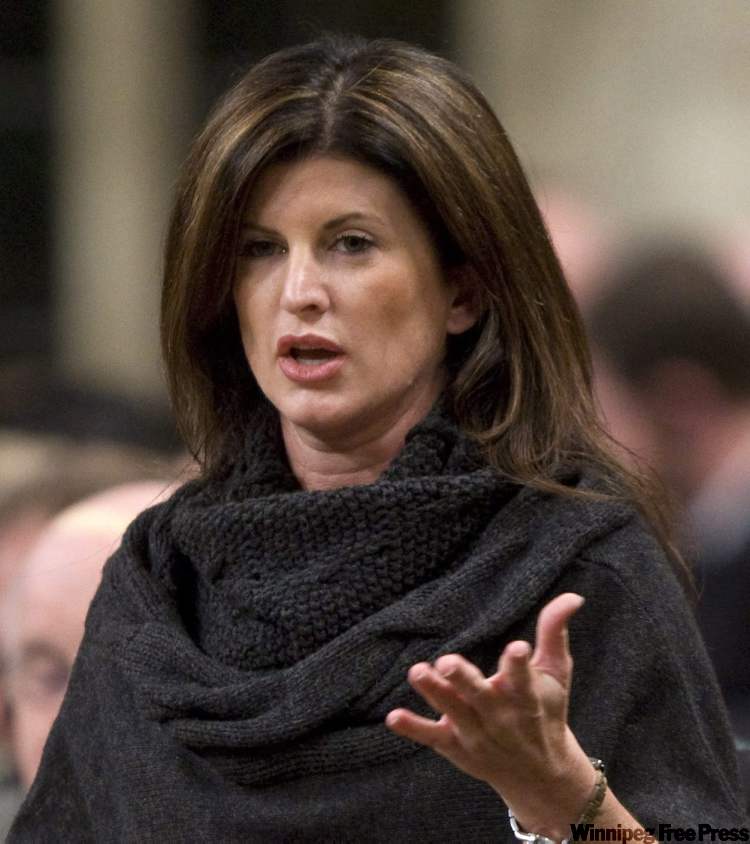Judicial council defends training given to federally appointed judges
Advertisement
Read this article for free:
or
Already have an account? Log in here »
To continue reading, please subscribe:
Monthly Digital Subscription
$1 per week for 24 weeks*
- Enjoy unlimited reading on winnipegfreepress.com
- Read the E-Edition, our digital replica newspaper
- Access News Break, our award-winning app
- Play interactive puzzles
*Billed as $4.00 plus GST every four weeks. After 24 weeks, price increases to the regular rate of $19.00 plus GST every four weeks. Offer available to new and qualified returning subscribers only. Cancel any time.
Monthly Digital Subscription
$4.75/week*
- Enjoy unlimited reading on winnipegfreepress.com
- Read the E-Edition, our digital replica newspaper
- Access News Break, our award-winning app
- Play interactive puzzles
*Billed as $19 plus GST every four weeks. Cancel any time.
To continue reading, please subscribe:
Add Winnipeg Free Press access to your Brandon Sun subscription for only
$1 for the first 4 weeks*
*$1 will be added to your next bill. After your 4 weeks access is complete your rate will increase by $0.00 a X percent off the regular rate.
Read unlimited articles for free today:
or
Already have an account? Log in here »
Hey there, time traveller!
This article was published 04/03/2011 (5311 days ago), so information in it may no longer be current.
OTTAWA — With Justice Robert Dewar under fire from Manitoba to Parliament Hill, the Canadian Judicial Council took the unusual step of defending the training of the federal judiciary.
In a statement released Thursday afternoon, the CJC said all federally appointed judges receive extensive training upon their appointment to the bench. The CJC said those appointed to the federal bench must also undertake additional training annually during their time as judge.
“Canadians rightly expect that those who serve as judges have the legal skills, competence and temperament suited to the difficult task of deciding criminal and civil disputes,” wrote CJC executive director Norman Sabourin in the statement. Sabourin did not respond to a media request to explain the timing of his statement.

During a sentencing hearing in Thompson in February, Dewar ruled out jail time for a sexual assault, saying the victim had dressed provocatively and sent out signals the attacker misinterpreted.
The ruling shocked many Canadians and prompted numerous complaints to the CJC, including from the Manitoba government, which is considering an appeal of the sentence. The CJC, made up of chief justices and associate chief justices from the Supreme Court of Canada and the provinces, investigates complaints against the judiciary.
It acknowledged on Feb. 25 an investigation is underway of Dewar’s comments.
In a House of Commons committee hearing March 1, both Liberal MP Anita Neville and NDP MP Irene Mathyssen questioned Justice Minister Rob Nicholson about the extent of judicial training, given Dewar’s statements.
Nicholson said training was delivered at the provincial level but he and provincial attorney’s general feel it is a priority issue.
Sabourin, however, said federally appointed judges are trained by the CJC upon appointment and every year after that.
“The CJC has adopted clear guidelines about the importance of judicial education,” Sabourin wrote. “After attending more extensive courses at the time of their appointment, judges are expected to devote a minimum of 10 days a year, outside of their regular hearing of cases, to judicial education.”
He said the CJC offers judicial-education programs in all areas of the law such as social-context issues, communication skills and the challenges of self-represented litigants.
“When issues arise concerning a judge’s role in a trial, our system provides for remedy,” said Sabourin.
“One can appeal a decision to a higher court or submit a complaint to the CJC. In both cases, personal effort and judicial education programs can often be helpful.”
During question period Feb. 28, status of women minister Rona Ambrose said Dewar’s statements were not what victims need to hear.
“We established long ago in this country that no means no and I hope that any messages like this do not have any impact on any victims coming forward to report sexual abuse or sexual assault, in the future.”
mia.rabson@freepress.mb.ca



